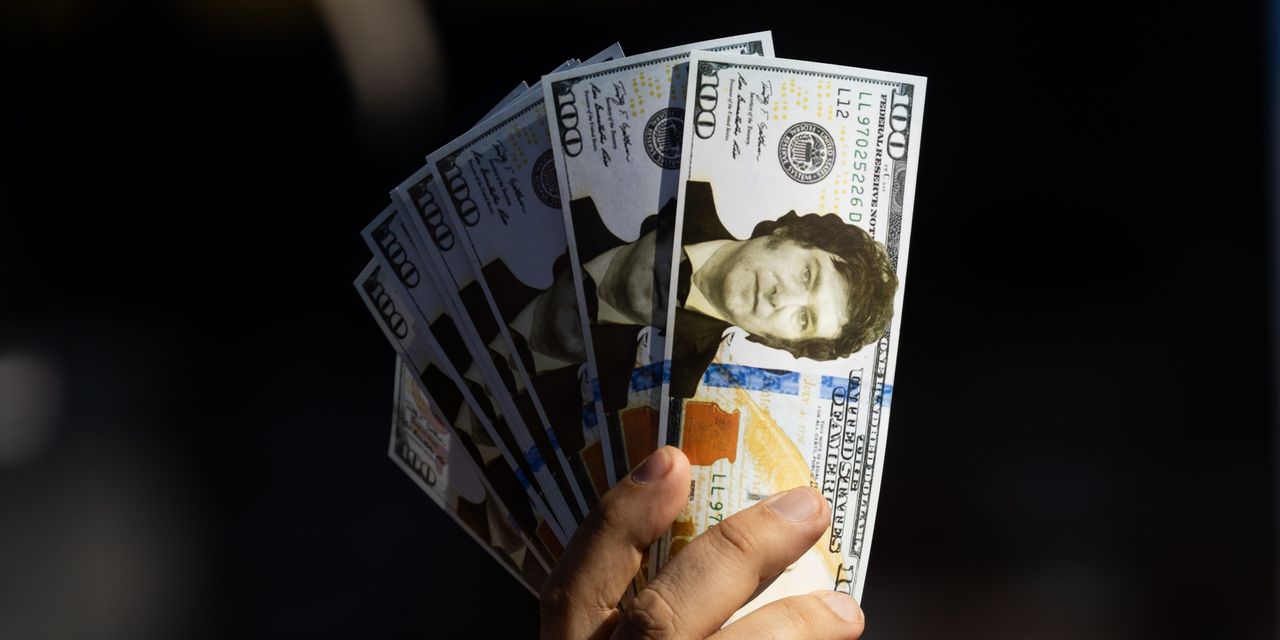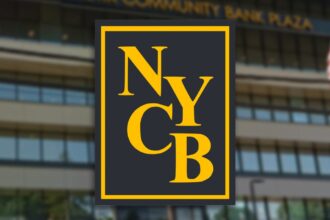Higher interest rates may be painful in the short term, but banks, savers and the financial ecosystem will be better off in the long run, said Sheila Bair, former chair of the Federal Deposit Insurance Corp.
“When money is free, you squander it,” Bair said in an interview with MarketWatch. “It’s like anything. If it doesn’t cost you anything, you’re going to value it less. And we’ve had free money for quite some time now.”
Bair, who led the FDIC from 2006 to 2011, caused a stir recently in criticizing “moonshots,” the crypto industry and “useless innovations” like Bored Ape NFTs, which proliferated because of speculation and near-zero interest rates.
Her main message has been that the path to higher rates, while potentially “tricky,” ultimately will lead to a more stable financial system, where “truly promising innovations will attract capital” and where savers can actually save.
Bair sat down for an interview with Barron’s Live, MarketWatch edition, to talk about the ripple effects of higher rates, what could trigger another financial crisis and why more regional banks sitting on unrealized losses could fail in the wake of Silicon Valley Bank’s collapse in March.
“We probably will have more bank failures,” Bair said. “But you know what? Banks fail. It’s OK. The system goes on. It’s important for people to understand that households stay below the insured deposit caps.”
The FDIC insures bank deposits up to $250,000 per account. It also has overseen 565 bank failures since 2001.
“I know borrowing costs are going up, but your rewards for saving it are going up too,” she said. “I think that’s a very good thing.”
However, Bair isn’t focused only on money traps and pitfalls for grown-ups. She also has two new picture books coming out that aim to explain big financial themes to young readers, including where easy-money ways, speculation and inflation come from.
“One thing that I’ve learned from the kids is to not ask them what a loan is, because when I did that, a little hand when up, and she said: ‘That’s when you’re by yourself,’” Bair said.
Read the full article here










